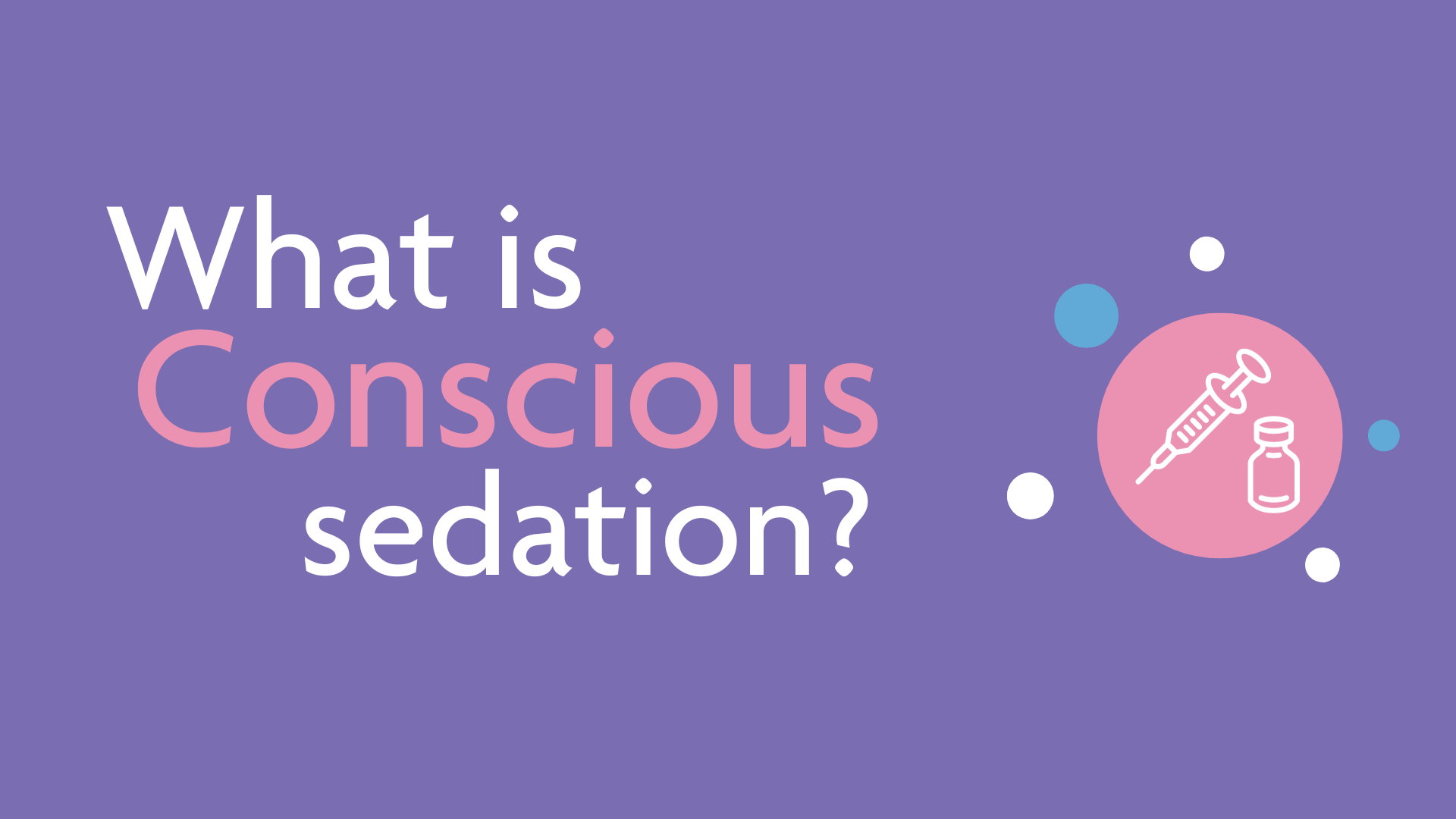
Conscious sedation helps you to relax and reduces anxiety and pain during treatment, and it is highly suited to most short gynaecological procedures.
Medications for conscious sedation are given through a vein in the arm or back of the hand. You will be awake during your treatment and able to talk to your nurse and doctor, but you will feel drowsy and may continue to do so for several hours afterwards. You may have no or limited memory of the procedure after receiving conscious sedation.
Pain and anxiety are reduced compared to local anaesthetic and you do not need to fast or have a long recovery as with general anaesthetic. During the procedure, you can respond if the doctor or nurse speaks to you.
I felt so comfortable and made to feel at ease as soon as I came through the door... I was extremely nervous for my appointment and was so relieved to have such a caring nurse.
Preparing for your treatment
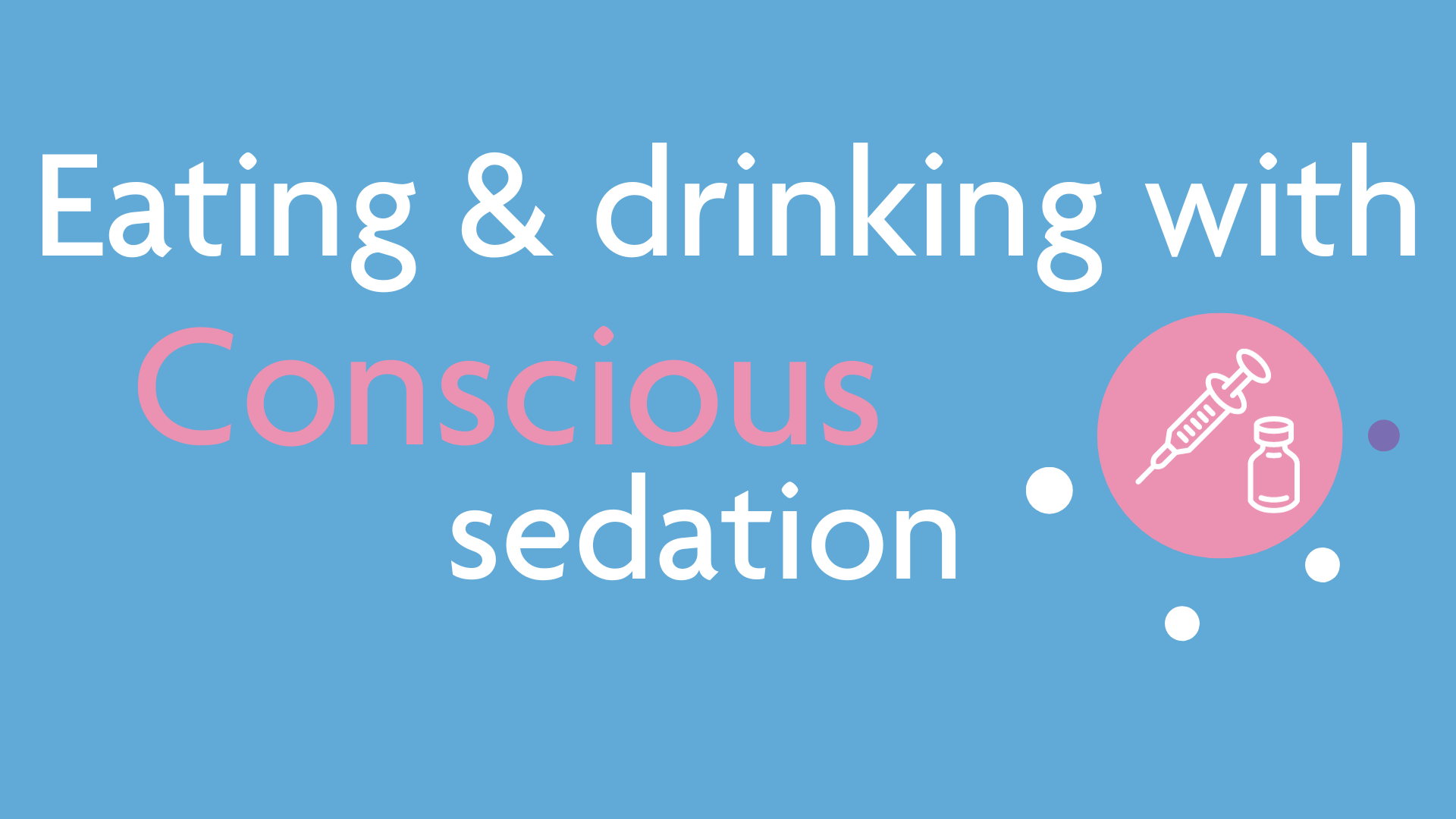
On the day of your treatment, you can eat a light meal, such as toast, and drink as normal. However, please do not eat fried or fatty food. You should avoid alcohol for 24 hours before treatment as it can sometimes react with the sedation medication and cause problems.

If you are taking medication, please tell us what you are taking and the last time you took it. If you have asthma you will need to bring your inhalers with you. If you are taking recreational drugs, please be open and honest with us as they can affect your sedation. Anything you tell us will be treated in confidence.
What to expect on the day
You will need someone to take you home after treatment.
Clients can bring one person with them to the clinic. They will be allowed into the waiting area with you but due to the size of some of our clinics they may not be able to stay with you. Please be aware that at some point during your time with us we will want to see you alone.
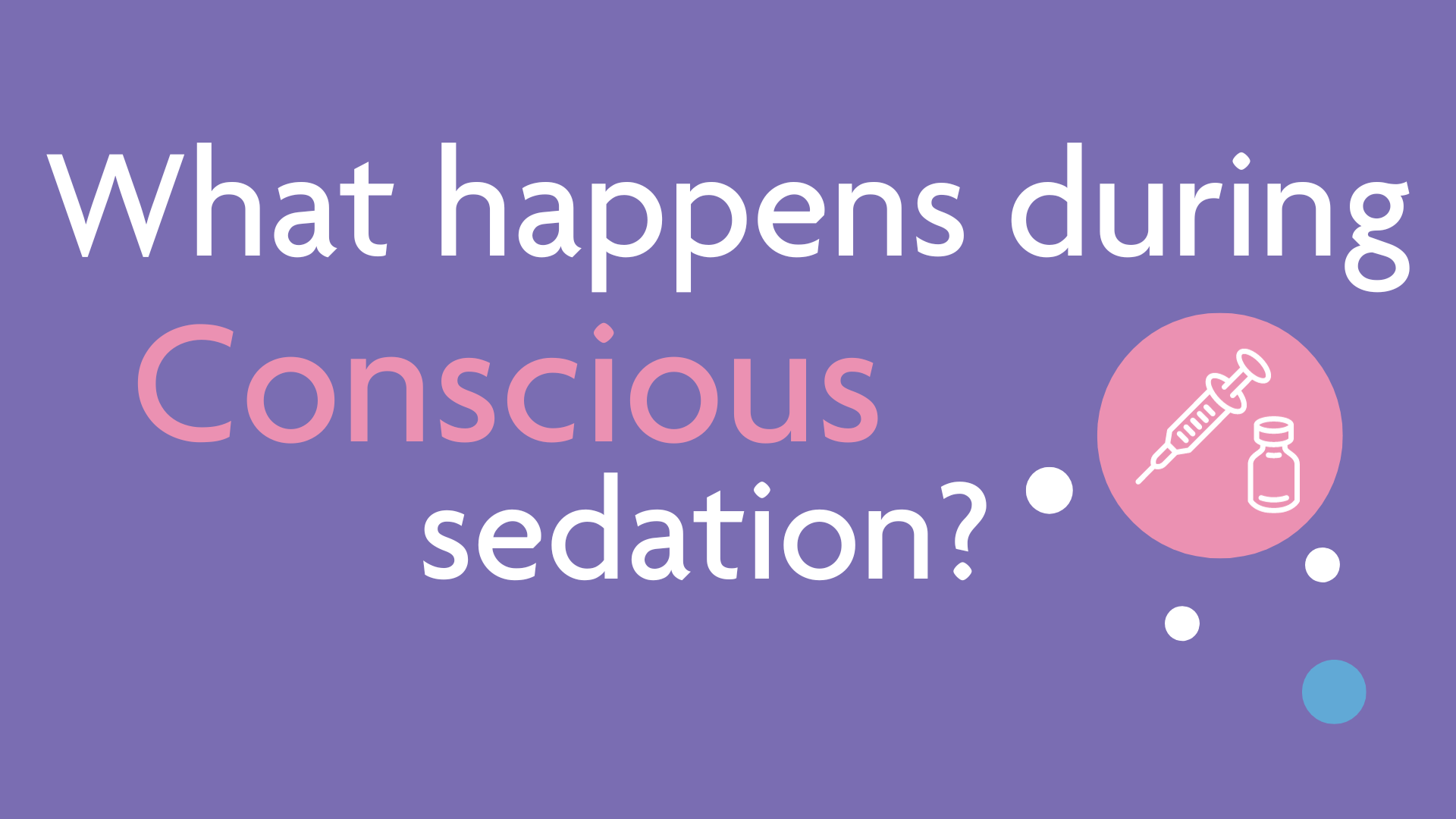
Your observations will be measured and a cannula (small tube) inserted into your hand or arm. We will encourage you to relax, and your surgeon will give you the sedation through the cannula. The effects of the medication may be felt immediately.
Local anaesthetic is then given to numb the cervix. Most women are not bothered by this injection after they have received sedating medicines. You may feel some stinging which will not last long.
The surgeon then performs the treatment, meanwhile a nurse will monitor you closely throughout.
After your treatment, you will be supported by a member of staff to walk to the recovery area. Specially trained staff will look after you and monitor your recovery. When they consider that you have recovered from your sedation, you will be discharged.
A female adult of your choice can stay with you throughout your treatment and you need an adult (aged 18 or over) to take you home when it is finished - if this is difficult for you, please tell the clinic at the earliest opportunity so that your treatment can be provided safely.
If you are under the age of 16 a female support person can stay with you if you wish, right up until you go into theatre when you will usually be asleep. You will have a BPAS support person with you throughout your treatment.
As with all our clients, we will also keep your own support person up-to-date with your progress if you wish and you will be reunited with them as quickly as possible.

This form of CS manages pain and anxiety and you do not need to fast beforehand. The effects of sedation do not last long, usually 30 to 60 minutes, and this method has fewer side effects than general anaesthetic. Discharge after your treatment can be less than one hour, unlike general anaesthetic which can be much longer. During the procedure, the doctor or nurse can speak with you and you will be able to respond.
After your treatment
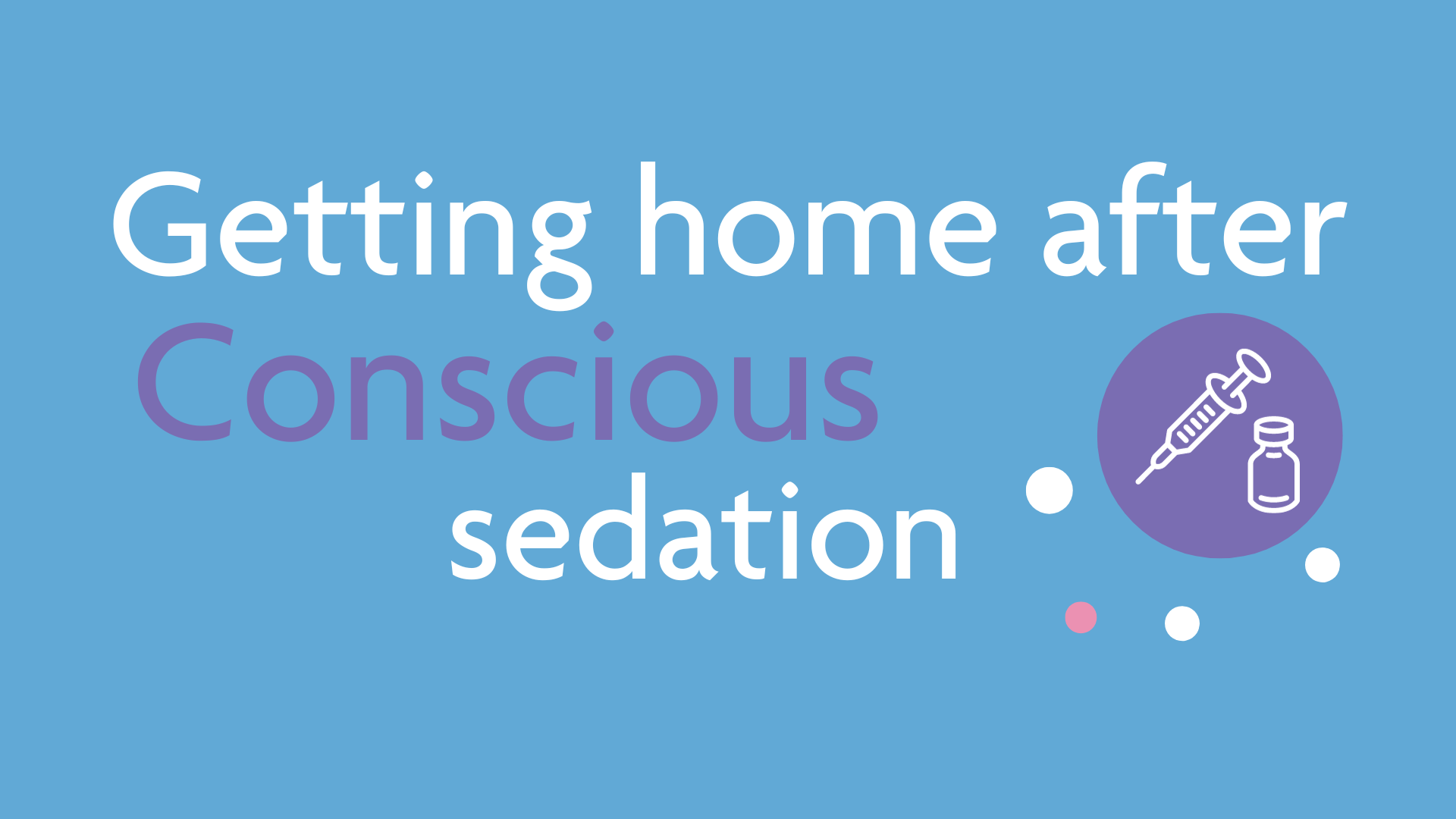
Please ensure you have a responsible adult to accompany you home and stay with you until the next day. If you do not have someone to take you home, you may have your procedure with local anaesthesia and pain medicines by mouth instead. If this isn't acceptable to you, we will have to rearrange your treatment.
You will need to arrange for transportation home as you cannot drive, operate any machinery, or use public transport on the day of sedation. For your own safety, please arrange for someone else to drive or organise a taxi to take you home.
Following conscious sedation, midazolam and fentanyl are present in breastmilk in low amounts. You can resume breastfeeding as soon as you feel recovered and ready to. Watch for signs of excessive sleepiness in your infant. Before your procedure you may wish to pump and have a supply of breastmilk available for after treatment.
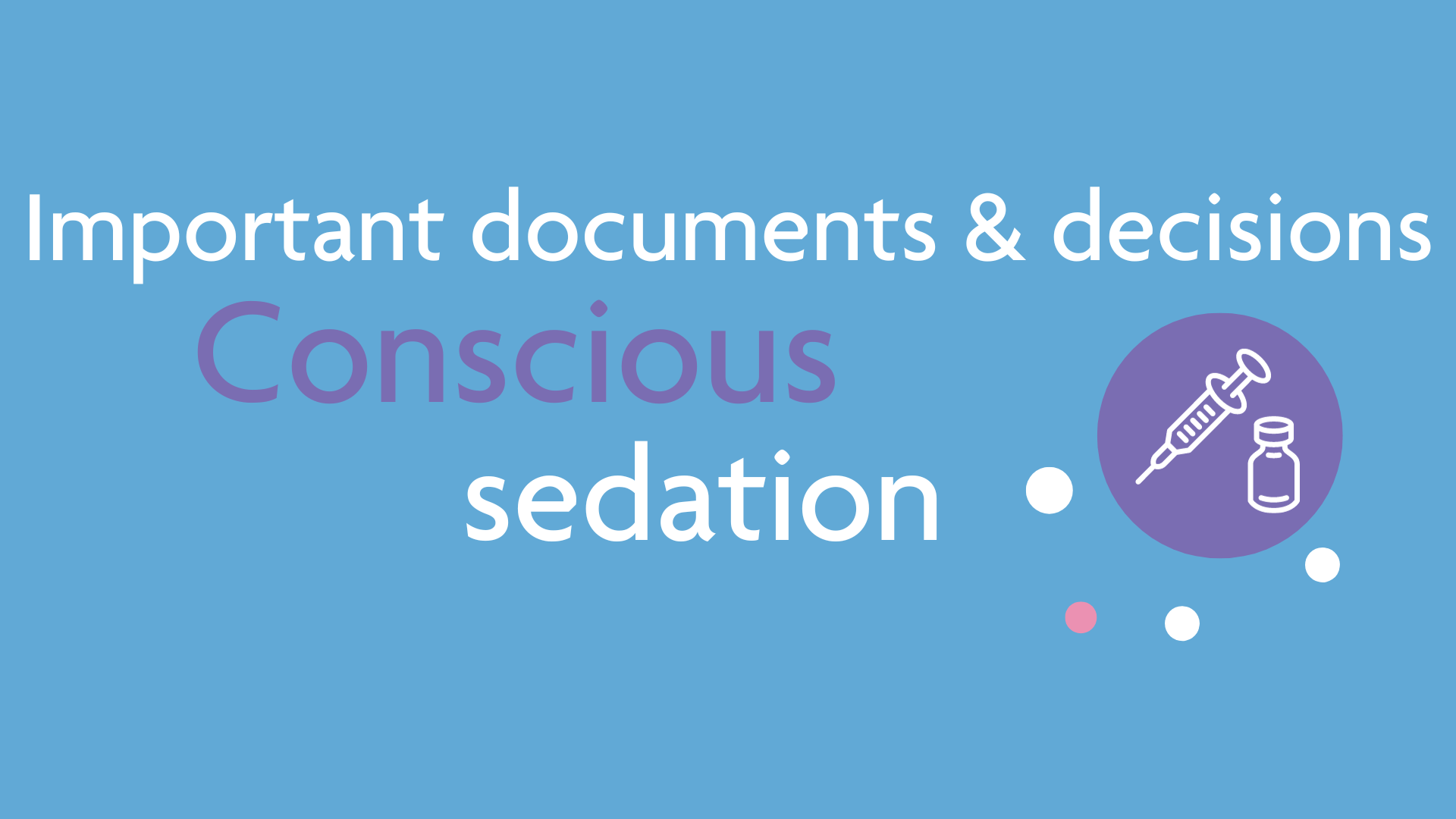
You should delay signing any important documentation or making any serious decisions in the 24 hours following sedation.
Significant unavoidable or frequently occurring risks:
- Depressed respiration (slowing or stopped breathing) for which you may need oxygen, help with breathing, or medications to reverse the sedation
- Depressed heart rate (pulse) or blood pressure for which you may be given IV fluids
- Nausea and vomiting
- Headache
- Dizziness
- Brief period of amnesia (not remembering what happened)
- Allergic reaction to any of the drugs administered
- Discomfort or bruising at the injection site
- Vein irritation (phlebitis) which can last a week and cause discomfort
- Muscular rigidity (if medicines are given too quickly)
